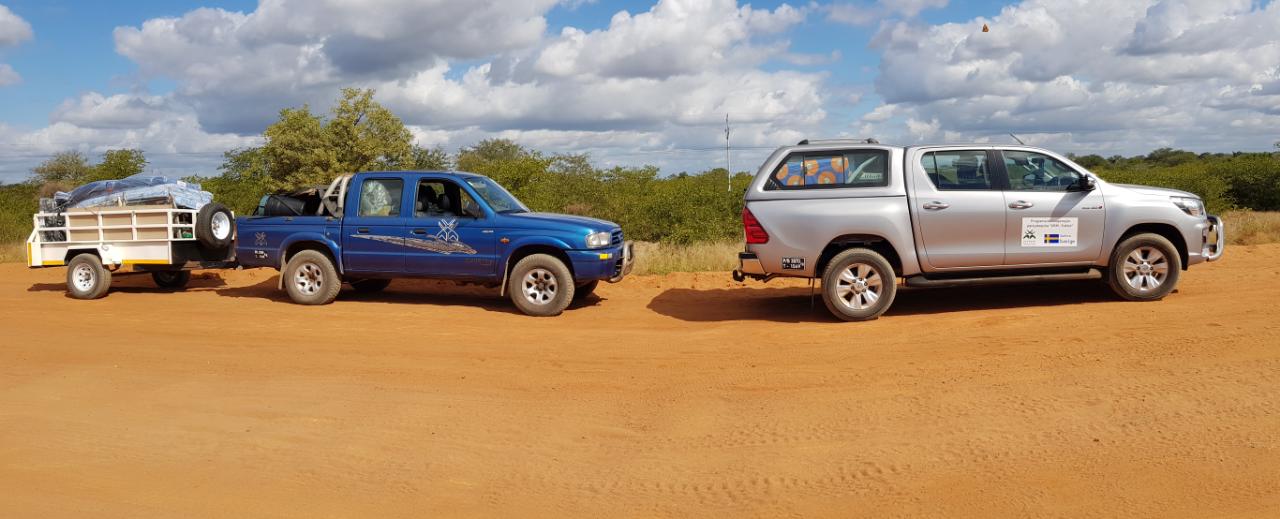Coping with Covid-19 in rural Africa

Latest updates are on our project blog here:
-
Getting the project going during the pandemic
-
Methodological metamorphoses
-
Initial findings 1: a difficult year ahead
-
Initial findings 2: Intersecting crises and safety nets
-
… more soon!
Overview and Rationale of CwC
The project is a rapid-response research project funded by the University of Edinburgh, with support from the Global Challenges Research Fund. It aims to:
1) Co-create new knowledge about the lived experience of rural communities in southern Africa during the Covid-19 pandemic
2) Identify the major direct and indirect livelihood impacts of the pandemic, and the social groups most affected
3) Understand common coping mechanisms in relation to other external shocks (e.g. recent droughts, cyclones, and economic collapse)
4) Understand the reality of national C-19 guidelines on social distancing, hygiene, shielding of high-risk groups, etc, and the barriers to substantive implementation of these interventions
5) Identify community-based responses that may be transferable to other communities
6) Locate the Covid-19 pandemic in the broader context of social and economic vulnerability, and analyse the implications of Covid-19 for development interventions aimed at climate change adaptation, food security and poverty alleviation.
We will work at five sites in rural southern Africa at which we have experience of working with the local community and an existing network of local people who act as community coordinators for ongoing projects.
Our main objective with this project is attaining a better understanding of the complex reality of how the pandemic and associated interventions are impacting rural livelihoods.
Methods:
1) Set up weekly panel interviews, based on existing quantitative data and local knowledge. We will purposively select contrasting villages at our sites and establish the panel to cover the main axes of diversity, identified through prior work. We will provide all panel members with a phone, credit, and opportunity to charge phones. In each community we will also employ a community coordinator to act as the public “face” of the project and provide clear links to the researchers.
2) We will seek early feedback from the study communities about their research priorities, the type of knowledge they would benefit from, and the best way to implement the panels.
3) Semi-structured interview design. We will start with simple questions that cover our aims. These will be adapted based on feedback from the communities and ongoing new findings.
4) Weekly panel interviews. Interviews will be conducted over the phone by a research assistant in the local language.We will conduct continuous analysis of the new data using Nvivo to apply standard qualitative methods, and flag areas for further probing and in need of triangulation. Findings will be brought to the full research team for further discussion.
5) Feedback and cross-site reflection. We will provide feedback to participants and community leaders at regular intervals via both phone calls and texts, as appropriate.
6) Triangulation with other key informants, for example participants in other parts of important value chains and government and civil society service provision.
7) Knowledge exchange and dissemination. In different languages, we will produce frequent blogs with associated twitter highlights, and later briefing notes on emerging findings, and a peer-reviewed publication. This will also include methodological and ethical reflections on working in the Covid-19 context. We will also work with informants and interviewers to produce short films suitable for facebook and other platforms used locally.
Outputs
See our blogs here
Who’s involved?
MICAIA foundation | Universidade Eduardo Mondlane | Universities of Sheffield, Manchester, Zimbabwe and Edinburgh
- Prof Luis Artur, Prof Natasha Ribeiro, Jone Fernando, Universidade Eduardo Mondlane
- Dr Milagre Nuvunga and Andrew Kingman, MICAIA foundation
- Prof. Clemence Zimudzi, University of Zimbabwe
- Dr Rose Pritchard, University of Manchester, Global Development Institute
- Dr Judith Krauss, Prof Dan Brockington, University of Sheffield, Sheffield Institute for International Development
- Drs Casey Ryan and Janet Fisher, University of Edinburgh
References
Pritchard R, Grundy IM, van der Horst D, Dzobo N, Ryan CM. 2020. Environmental resources as ‘last resort’ coping strategies following harvest failures in Zimbabwe. World Development 127: 104741.
Pritchard R, Grundy IM, van der Horst D, Ryan CM. 2019. Environmental incomes sustained as provisioning ecosystem service availability declines along a woodland resource gradient in Zimbabwe. World Development 122: 325–338.
Smith HE, Ryan CM, …, Artur L, & Ribeiro N. 2019. Impacts of land use intensification on human wellbeing: Evidence from rural Mozambique. Global Environmental Change 59: 101976.


Comments are closed
Comments to this thread have been closed by the post author or by an administrator.